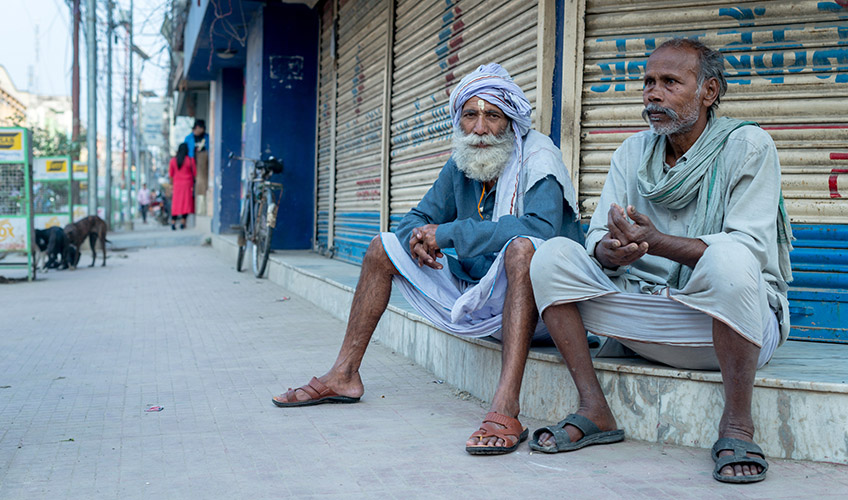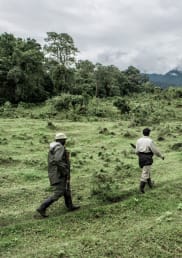Post-election Nepal needs to focus on sustainable peace
After decades of violent conflict and political transition, Nepal has now for the first time in its history completed three-tier elections for local, provincial and federal governments.

While this is great news, it is important to not pat ourselves on the back just yet and assume that the absence of violence means sustainable peace. The risk here is that governments and development agencies once again focus all their efforts on a ‘core development agenda’ like poverty reduction, economic growth and local governance, and ignore conflict prevention.
Many government officials and development practitioners argue that achieving development indicators reduces the risk of violent conflict. But the history of Nepal teaches us that neither development nor elected governments have in the past saved it from spiraling back into violent conflict.
Because elections, democracy, political settlement and the absence of violence are all very positive steps, but not the final condition of sustainable peace. They are instead the conditions to begin the core work of peacebuilding, which is the formation of a resilient state and society.
Indeed, the elections and the resumption of economic activities in their immediate aftermath create new kinds of power dynamics, which could aggravate fresh conflict faultlines within the society.
So it is not yet time to relax and wait for another eruption of violent conflict, with early warning reports in our inboxes. Indeed, in a recent report called Pathways for peace: Inclusive approaches to preventing violent conflict, the World Bank and the UN also highlighted the need to focus more on the prevention of violent conflict than conflict mitigation.
Against the backdrop of developments following Nepal’s 2017 elections, International Alert published a policy paper, Democracy and peace in federal Nepal, which analyses the changing nature of peace and conflict before and after the elections.
The paper identifies four key challenges from a peacebuilding perspective. These are envisaged to be around amendments to the constitution, conflict over jurisdiction and resources, how federalism is actually implemented, and the inclusion of marginalised groups.
One of the paper’s recommendations is the urgent formation of the Natural Resources and Financial Commission (NRFC) to solve any conflict over jurisdictions between the different tiers of government. It also recommends more meaningful community participation in decision-making, and respect for fundamental human rights while addressing everyday law and order issues. The paper calls for a more inclusive state and society, and a focus on addressing the core causes of conflict, rather than a rush to ‘business as usual’.
The report reminds us that peacebuilding is not a temporary and tick box exercise within the development sector in Nepal, following the country’s return to normality. Rather, it is the core of development, because violent conflict is the result of economic and political policy failures. As such, peacebuilding should be integrated into the core of development interventions.
So, it is imperative that peacebuilding organisations continue to press for a focus on conflict prevention, even as the country returns to normal. Peacebuilders need to move beyond reconciliation, mediation and early warning systems, and be in the driving seat in efforts to consolidate peace in Nepal.




